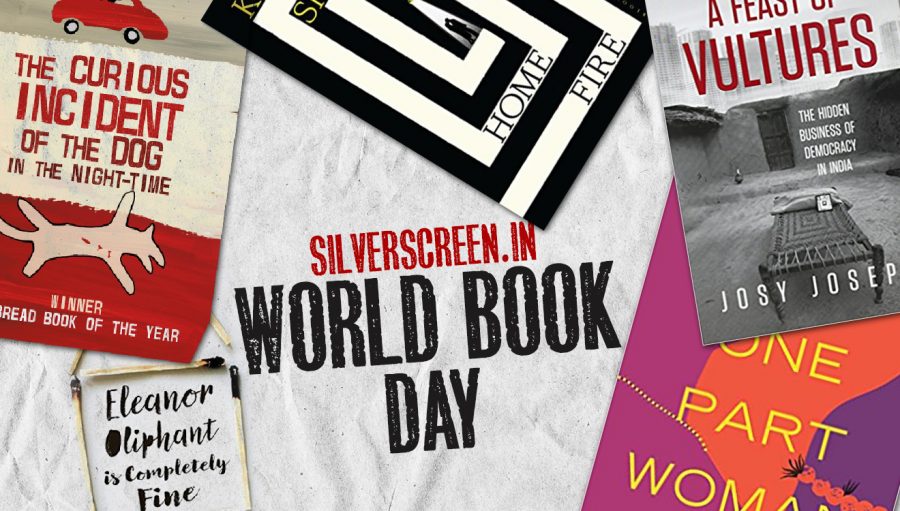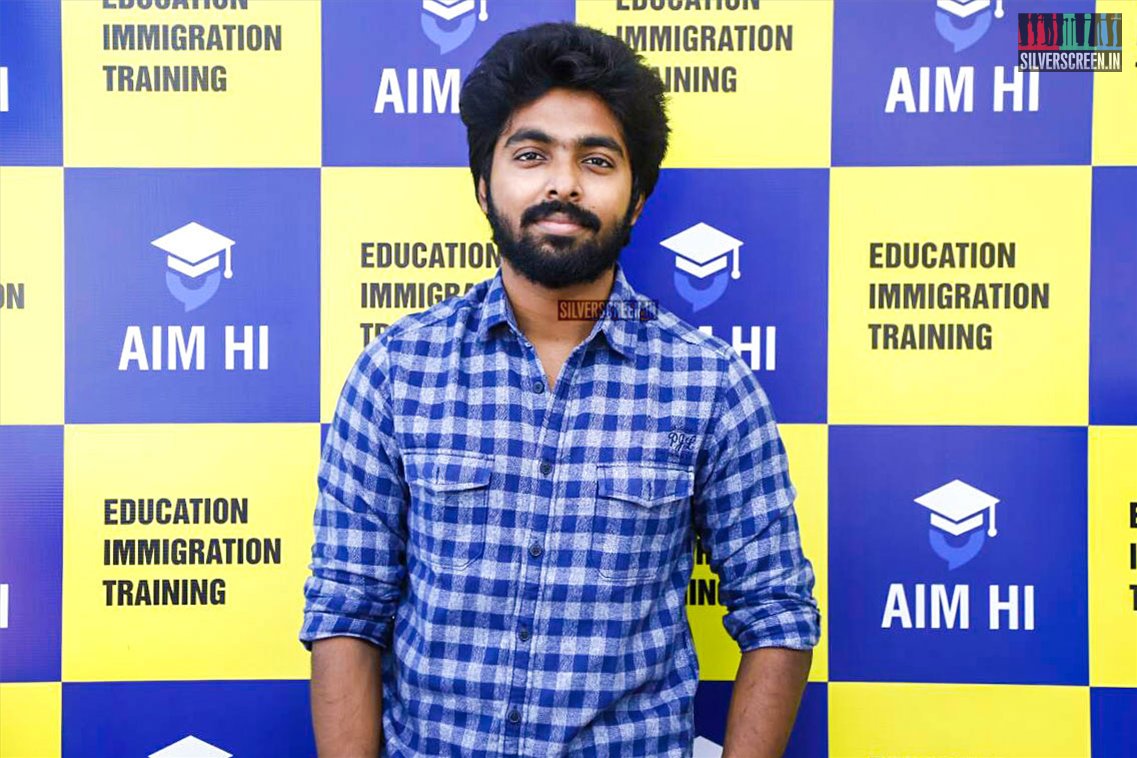For writers, readers, linguists, or lovers of books, World Book Day is more than just a token event. Using this day to promote the concept of reading and introducing many others to the world of storytelling, April 23, as organised by the United Nations Educational, Scientific and Cultural Organization, is celebrated irrespective of the medium. In the age of social media where the print is struggling to stay relevant, celebrating books and its impact on multi-culturalism is imperative.
Cinema and books have always had a bittersweet relationship, one can’t do without the other and they are always jostling in the creative space to get the upper hand. Was the book better than the film? The question is unavoidable. Whether it’s Harry Potter, Lord of The Rings or Shatranj Ke Khiladi, some of the greatest filmmakers have their work inspired from books.
In India, we’ve seen Chetan Bhagat’s widely popular (and widely criticised) books get adapted for screen. We’ve also seen George RR Martin’s bizarre yet completely engrossing A Song Of Ice And Fire series become one of the world’s most watched TV shows. Bearing that in mind, here’s a quick list of books that we hope gets a movie soon.
Home Fire by Kamila Shamsie

Kamila Shamsie, a British-Pakistani writer, has a way with words, where she weaves in a seamless tapestry of poetry, fiction, and a bit of history into the narrative. If her third novel Kartography brought out the 1971 East and West civil war of Pakistan from the perspective of two families, Home Fire explores a similar theme but bearing ancient Greek writer Sophocles’ Antigone in mind. Set in the modern age of smartphones, immigration visas, and ISIS, Home Fire is a gripping read with the narrative becoming more explosive as you turn the pages. The idea of guilt, honour, and love seeps through the story. A visual story like that, starring someone of Pakistani origin, there’s no way it can get whitewashed. Perhaps Riz Ahmed, who was brilliant in The Reluctant Fundamentalist, could be roped in for the lead role of Eamonn?
One Part Woman by Perumal Murugan
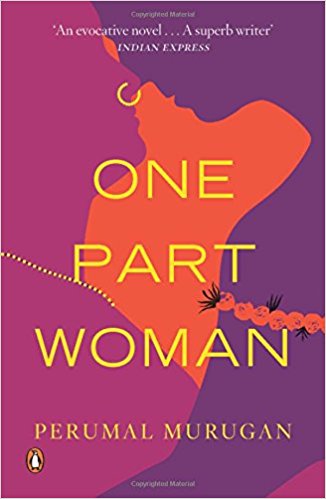
Perumal Murugan’s One Part Woman created a massive furore in Tamil Nadu, even forcing the Tamil writer to give up writing until the ban was lifted. The book explores the culture, traditions, fidelity, and moral obligations between spouses. Far from being controversial, the book, through the story of Kali and Ponna, narrated how the couple faced a lot of stigma when they failed to have children despite being married for a long time. While the two are still young and had been trying, there came a point when the insults were too much to take. The book gives a fictional account of how one night every year, a charity festival at the temple in Tiruchengode is devoted to Ardhanareeshwara, where a woman who is unable to get pregnant can sleep with another man to beget a child. All of this is consensual too.
If the book were to be made into a film, it has to adhere to a lot of subtle interplay by someone who understands the nuances of what the novel is trying to depict. There’s no space for banal humour and jokes or commercial elements in it. Given that village dramas are a rarity now in Tamil cinema, it’s hard to peg a proper director for this.
Eleanor Oliphant Is Completely Fine by Gail Honeyman
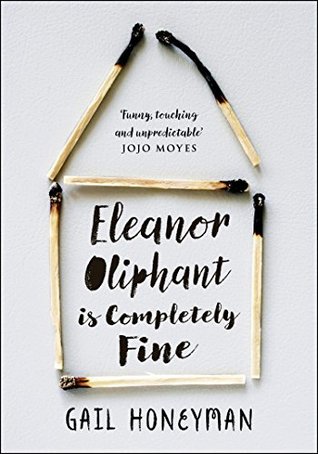
The book released in May last year and has since then been widely talked about on social media and other platforms. The story is about a disturbed young woman called Eleanor Oliphant who has a lot going psychologically but keeps reminding herself that she is fine. This does not discount the fact that she is far from fine. With a traumatic childhood, repressed memories, nightmares, alcoholism, and social paralysis, Eleanor struggles to keep afloat. Things change when she finds a friend in rather an innocuous man.
The book isn’t a quick read but with a pacy narrative, it’s unputdownable. Eleanor’s fascinating way of looking at people and her naivety, let alone her sordid past, is depressing enough but the writer’s humour makes up for it. At one point, you are left confused if you ought to laugh or cry. But at the end, you know she just might be fine.
Given Rosamund Pike’s performance in Gone Girl, as the manipulative Amy, and setting the bar too high on performances that included subtle and mind games, perhaps she might be perfect for the adaption of this book into a film.
The Curious Incident Of The Dog In The Night-Time by Mark Haddon

How has this book not been made on the big screen is something I would never understand. Nothing short of brilliant, the story is compelling enough for everybody irrespective of whether you are a 13-year-old, a 25-year-old or a 50-year-old. There’s so much the book explores in so few words. The characters are equally intriguing. The book’s protagonist is a Holden Caulfield-like character who suffers from an unspecified condition, often alluded to either Asperger’s Syndrome or autism. Christopher is 15 and loves prime numbers, often looks at the world as series of prime numbers. The death of his neighbour’s dog, Wellington, sets off a series of discoveries for Christopher, where he realises that the world is far more complex with even more complex characters like his lying father.
Turning the book into a movie can either be a hit or a miss. But if done right, one cannot shrug off this quite believable story giving these complex characters a new lease of life on screen.
A Feast Of Vultures by Josy Joseph
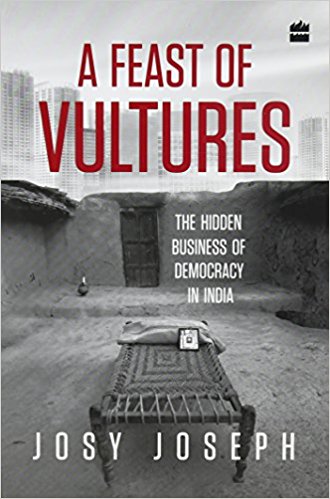
When the book came out in 2016, there was a lot of appreciation for Josy Joseph’s terrific investigation and bringing out the truth of modern India. It also followed a series of lawsuits against him. Jet Airways and its founder-chairman Naresh Goyal filed a civil defamation suit on Joseph, seeking damages worth Rs 1,000 crore from him and publisher HarperCollins. Another lawsuit worth Rs 1,000 crore was filed against Outlook India for publishing an extract of his book. The book is backed by sufficient evidence, too, making it more believable as you turn the pages, how the big fish in the country, the top corporates manage to get a freehand over the country’s functioning, thereby jeopardising the concept of democracy.
The book mirrors the corruption and bullying rampant in the country. While it might not be easy to adapt this in the screen, perhaps it would function better as a documentary as opposed to a film that would predictably star top Indian actors. Maybe spearheaded by someone like Hansal Mehta for this?
